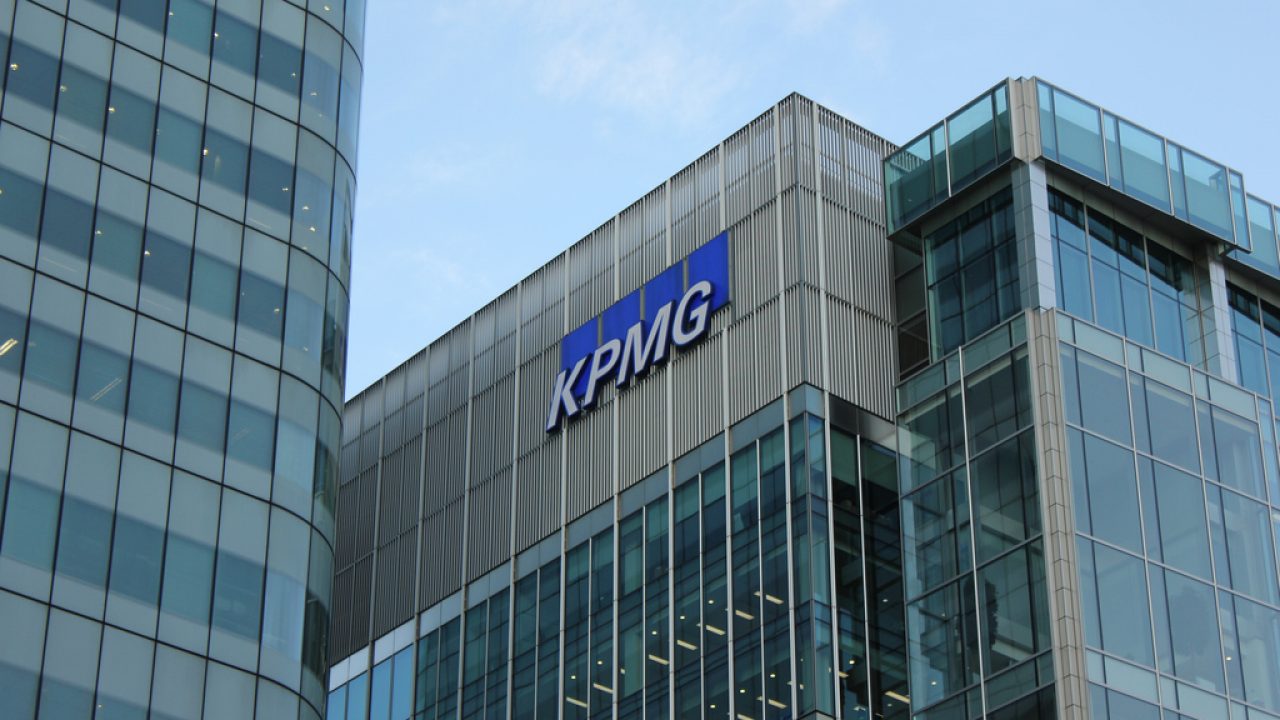Global tax and advisory firm, KPMG Nigeria, has expressed criticism of the federal government’s 50% windfall tax on banks’ foreign exchange revaluation gains recorded in 2023, warning that it may lead to legal disputes.
KPMG responded to the recently imposed tax by highlighting the government’s revenue challenges, which may have prompted this decision. However, the firm argued that Nigeria’s tax policy does not support retroactive taxation.
With most banks having already settled their tax liabilities for the 2023 financial year, the retroactive application of the tax could cause a constitutional crisis, conflicting with the principle of legitimate expectations.
“Nigeria’s tax policy frowns at retroactive application of tax laws. It is, therefore, surprising that the government has chosen to implement these windfall taxes retroactively. Moreover, many of these banks have submitted their tax returns for the 2023 financial year and have settled the resultant liability,” the report stated.
“The impact of this retroactive application may raise constitutional concerns as it may violate the principle of legitimate expectations. It will, therefore, not be surprising if the implementation leads to legal disputes and challenges.”
READ ALSO: CBN sells $122.67 million to 46 authorized FOREX dealers
KPMG warned that such retroactive taxes could discourage foreign investment due to the unpredictability of Nigeria’s tax laws. The report suggested that the government should conduct proper technical consultations with stakeholders to assess the impact of the tax before enacting it into law to avoid unintended consequences.
Additionally, KPMG criticized the government’s plan to allocate 50% of the projected N6.2 trillion revenue from the tax to recurrent expenditure. The firm noted that the timing is problematic, as commercial banks are currently seeking to raise funds from the capital markets to meet new capital requirements set by the Central Bank of Nigeria (CBN).
Major commercial banks such as Fidelity, Access Bank, and GTCO have approached the capital market to raise funds, with an estimated need for banks to secure N4 trillion in fresh capital within the next 18 months.
The firm called on the Ministry of Finance to coordinate with the CBN regarding banks’ capacity to meet these capital requirements, suggesting that the windfall tax is an unnecessary distraction.
KPMG also described the windfall tax as a form of double taxation, given that banks already pay 30% of their overall profit, including foreign exchange transactions, as Company Income Tax (CIT).
The firm sought clarification on whether banks would be required to pay an additional 20% on top of their existing 30% company tax or a new 50% tax on foreign exchange profits.
In regions where retroactive taxes are imposed, it is common to provide tax relief to mitigate the effects, which KPMG noted is missing from the amendment to the finance bill.
READ ALSO: Forex crisis overshadows Tinubu’s policies in Nigerian tech industry – Stakeholders
The report also questioned why banks were singled out for this tax, suggesting that any business holding foreign currency assets would have benefited from foreign exchange revaluation gains if those transactions were settled in 2023. This selective targeting, the report argued, contradicts the principles of equity and fairness in Nigeria’s National Tax Policy.
KPMG emphasized the need for proper monitoring and evaluation to ensure the policy achieves its objectives and prevents a business-as-usual situation.
President Bola Tinubu is seeking Senate approval to amend certain provisions of the 2023 Finance Act. The proposed amendment aims to impose a 50% tax on foreign exchange gains recorded by commercial banks in Nigeria for the full year 2023, based on their financial statements.
In a letter to the Senate, the President explained that the funds generated from this tax would support capital infrastructure development, education, healthcare access, and public welfare initiatives.
According to financial statements from seven listed commercial banks in the country, approximately N3.37 trillion was recorded as profit from foreign exchange revaluation in the full year of 2023 and the first quarter of 2024.

 Entertainment5 days ago
Entertainment5 days ago
 Health1 week ago
Health1 week ago
 Health4 days ago
Health4 days ago
 Football1 week ago
Football1 week ago
 Football1 week ago
Football1 week ago
 Crime4 days ago
Crime4 days ago
 Education6 days ago
Education6 days ago
 Crime1 week ago
Crime1 week ago

